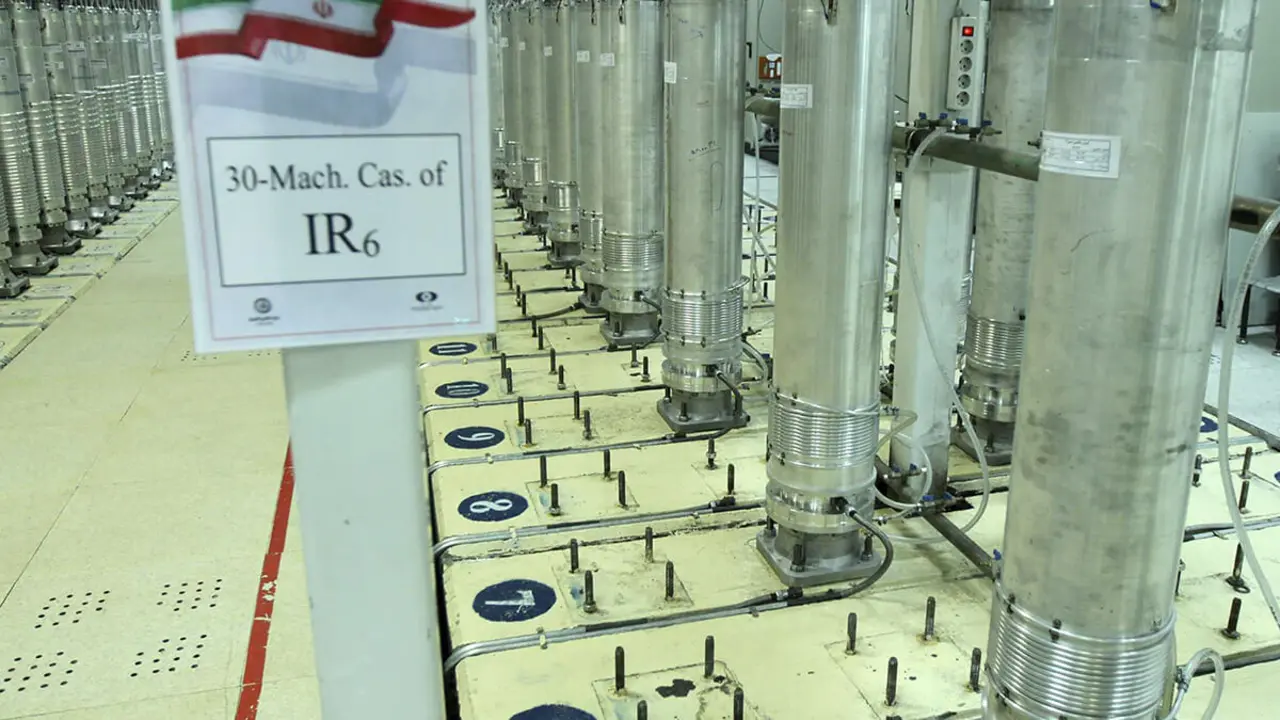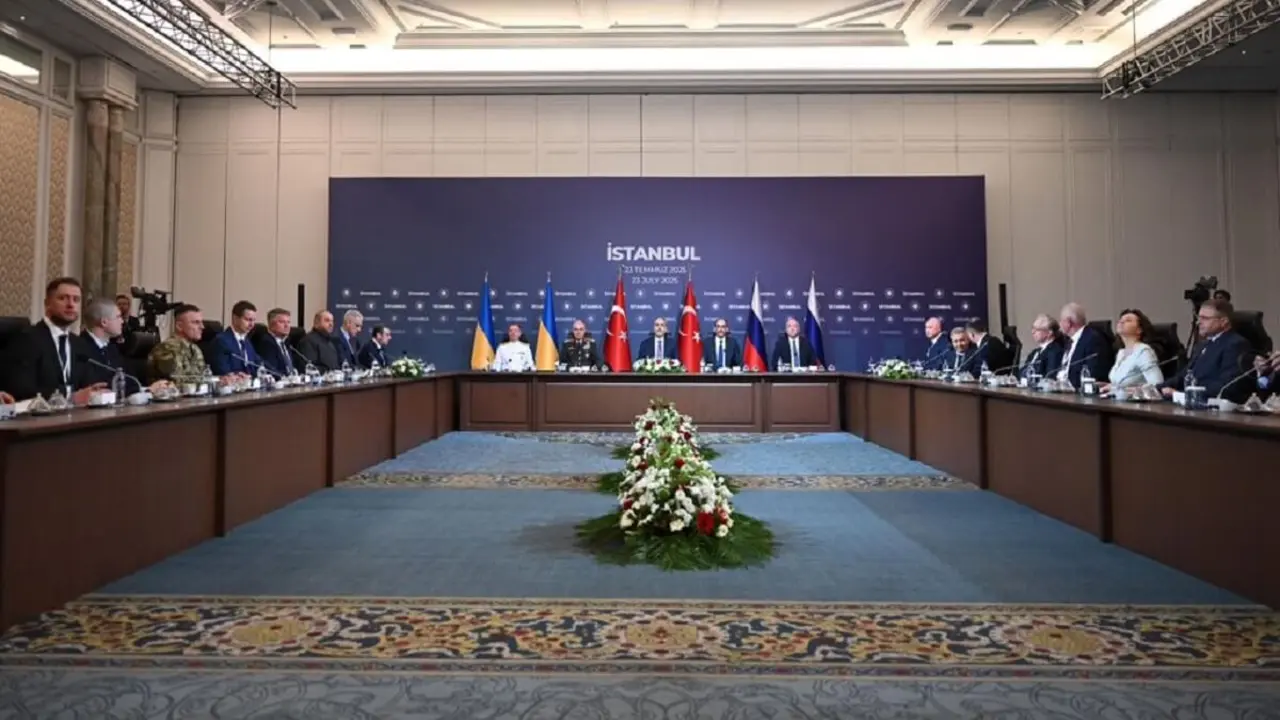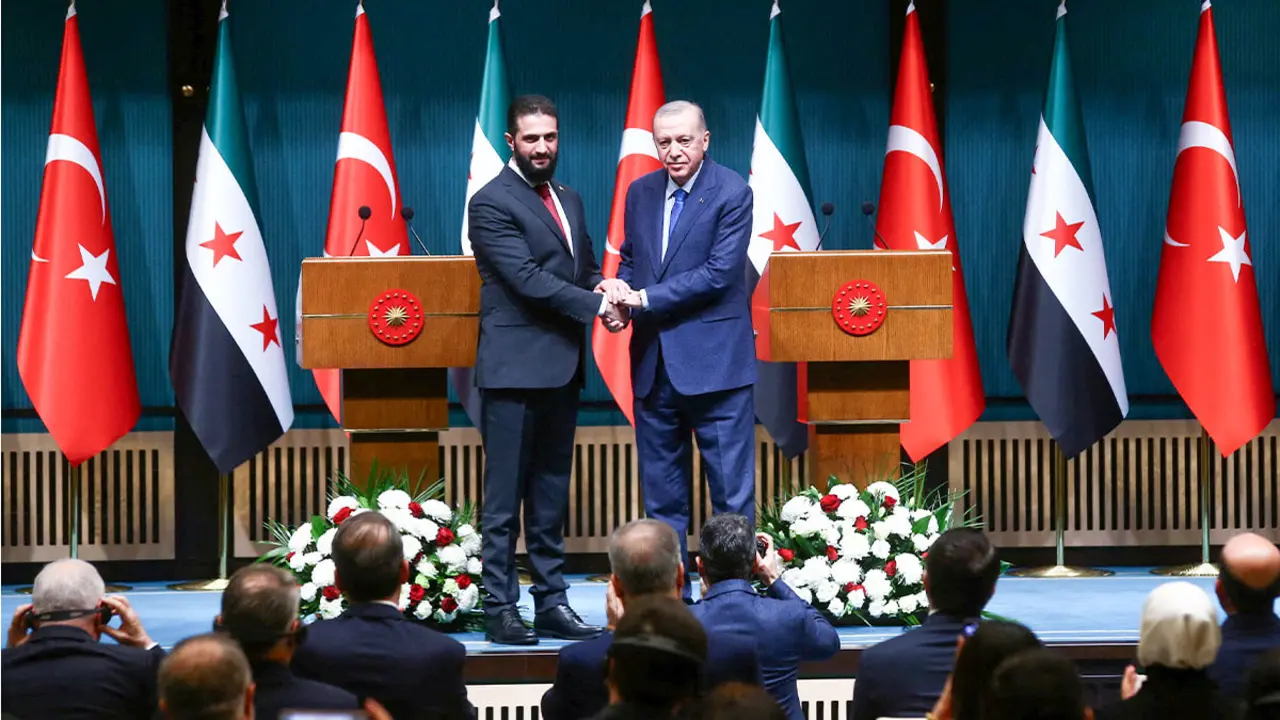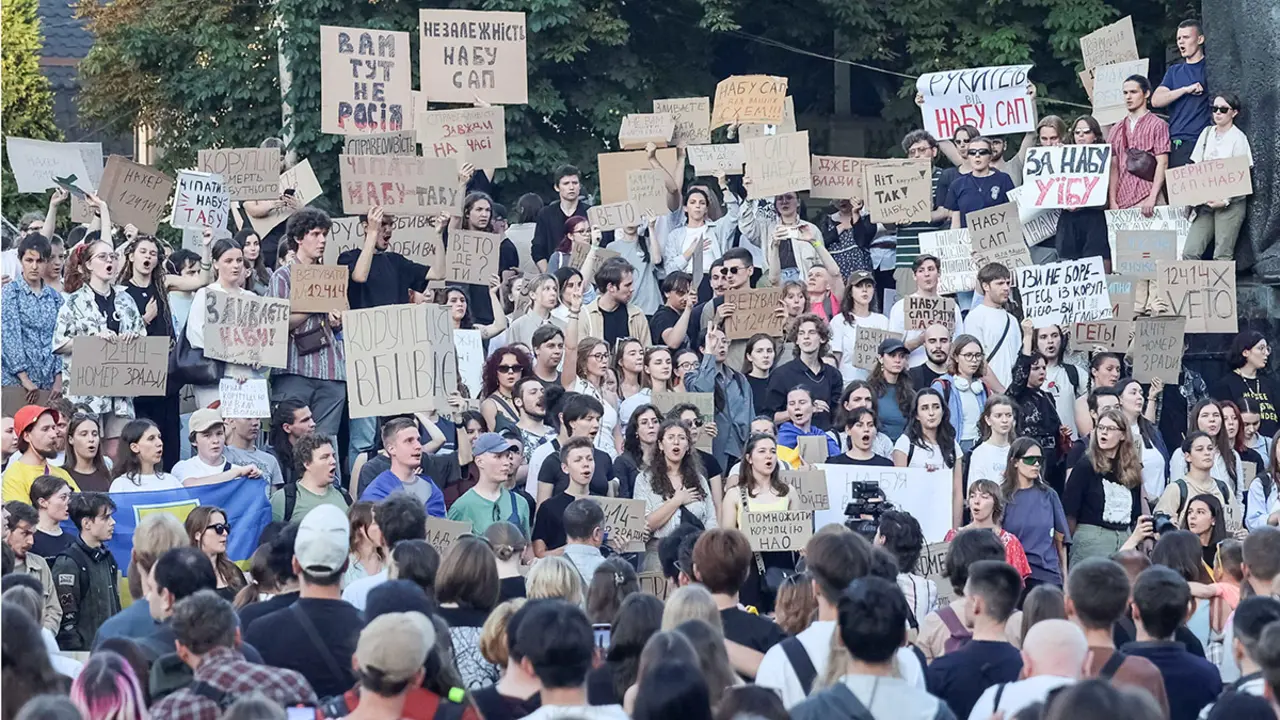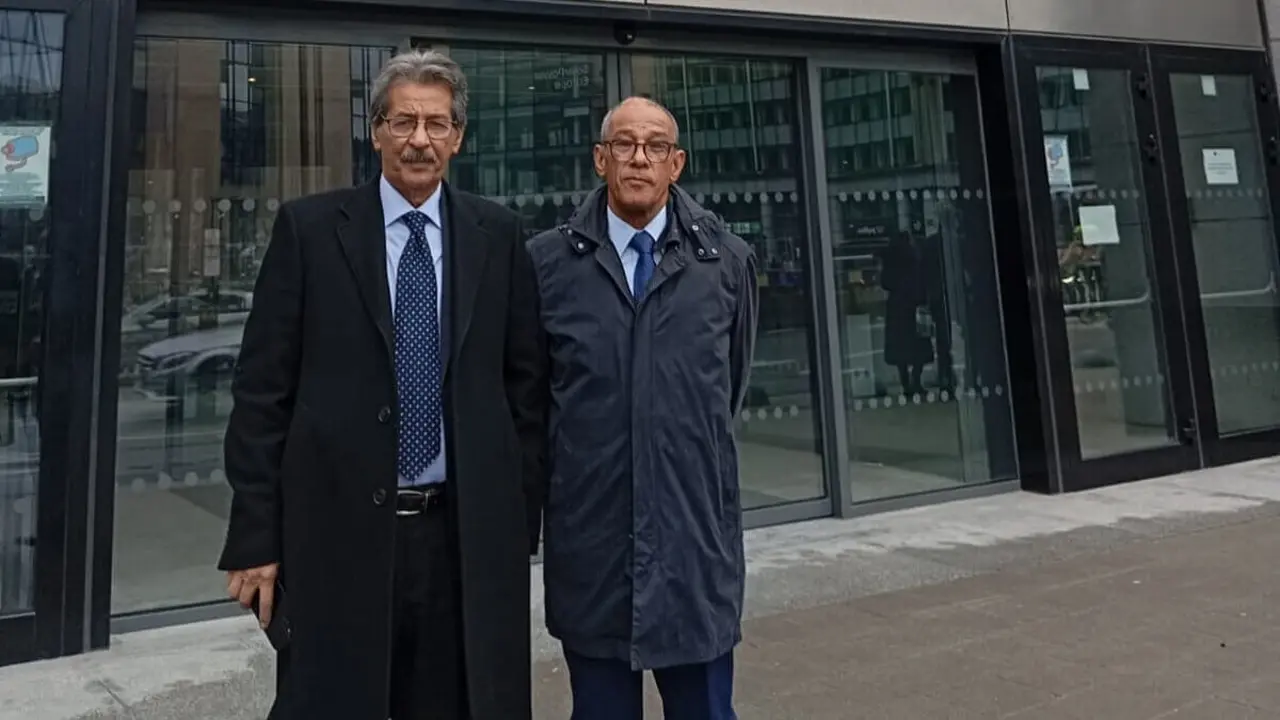The traumatic flight and uncertain future of Afghans arriving in Iran
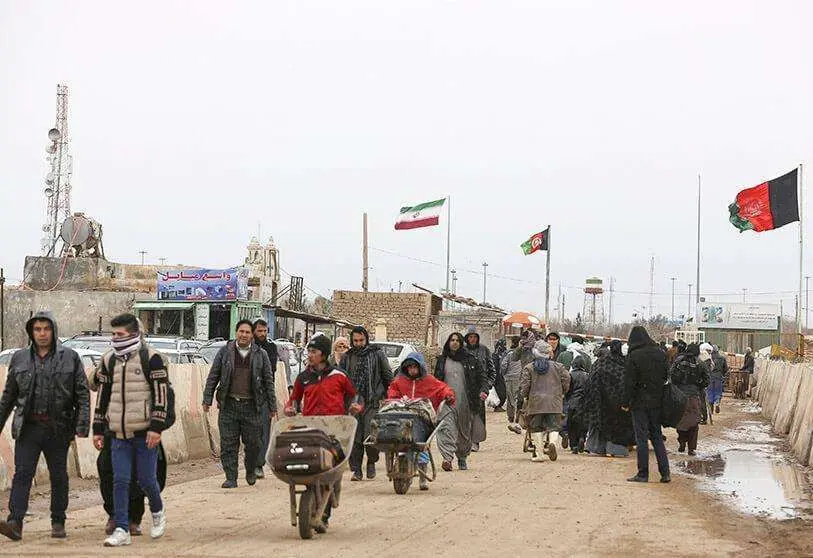
They fled Afghanistan for fear of the Taliban and crossed illegally into Iran. What they all have in common is a traumatic displacement, a current situation of homelessness and the difficult goal of rebuilding their lives in a country overwhelmed by refugees.
"We came without passports, illegally, smuggled. We were 21 days on the road, we were hungry and thirsty, for two whole days we had no water or bread", the Afghan Azize dor Mohamad tells EFE in tears in a neighbourhood in the south of Tehran.
Originally from the northern province of Kunduz and with six children, the youngest of whom is two years old, Azize decided to flee after the Taliban captured her father, who was a soldier, and killed him. His property was confiscated.
From their hometown, Khan Abad, they moved first to Kandahar province and, when the Islamist movement took control of that southern area, they headed for Iran, where more than three and a half million Afghans already live.
Iran and Pakistan host 90% of the nearly five million Afghans who have been displaced out of the country in recent decades, according to the United Nations Refugee Agency (UNHCR). And more are arriving every day.
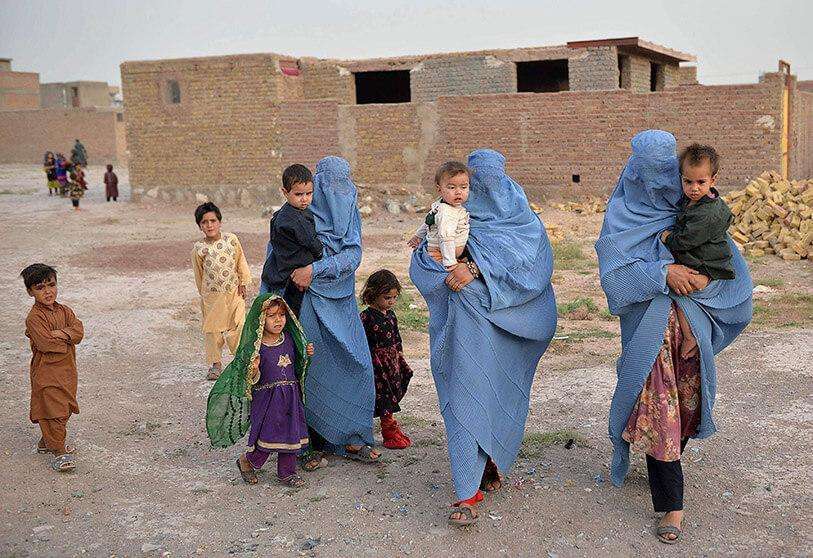
Like Azize, her compatriot Nur Mohamad Ahmadi also began her journey after the Taliban entered her town, Shakar Dara, fearing atrocities and to protect her four children.
Nur shows EFE her bruised fingernails from the long walks and tells how they had to run on many occasions to avoid being seen and how they fell to the ground when they walked every night for between four and six hours to escape the country.
According to the 36-year-old, who fled with an eight-month-old baby in tow, her family spent all their money to pay the smugglers who helped them cross first from Afghanistan to Pakistan and then from there to Iran. It was a two-week journey.
"We were afraid. It was said that the Taliban come and kidnap the girls to marry them and take the boys away to fight in the war," says Nur at the small Farhang school in southern Tehran, whose pupils are all Afghans.
Her wish is for her children to study and to leave behind "the poverty and bad times" they have experienced in Afghanistan. At least her family has made it to Tehran; others are in humanitarian camps set up near the border.
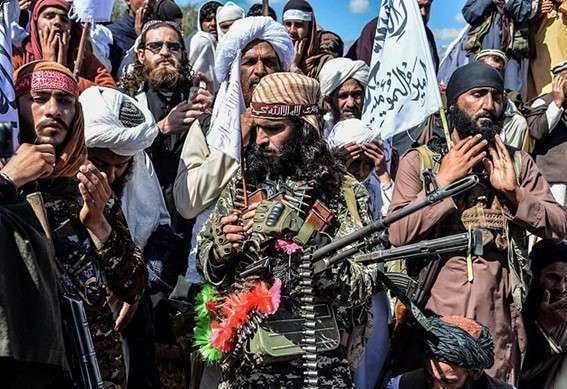
While Azize and her children have been bouncing around the Iranian capital between the homes of various relatives, Nur is staying with other compatriots in similar situations in a small house in the Zamzam neighbourhood.
Some Afghans applied for Iranian visas in advance at consulates in Kabul, Herat or Mazar-e-Sharif and were able to enter the country legally, but the situation for Azize and Nur and many others is more precarious as they have no papers.
Both women are now trying to ensure that their children can continue their education so that they can build a future for themselves. However, the lack of documents makes it difficult to register their children in Iranian public schools, so they have turned to the Farhang school.
Still, Nur's daughter Bereshna, 12, says she is shyly "glad" to have left Afghanistan because "there was war there and they were shouting 'Alahu akbar' (God is great) from the cars", a childish reference to the Taliban takeover.
"All the time we were crying and afraid. I would like to go to another country (other than Iran), I want to have a peaceful life", the girl told Efe, who, like many other Afghans, thinks that she would have more opportunities in Europe, for example.
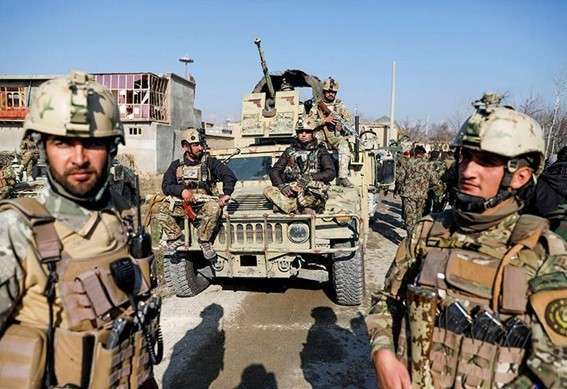
UNHCR data reveal that there are more than 3.6 million Afghans in Iran: 780,000 registered as refugees; 586,000 with Afghan passports and some kind of Iranian visa; and more than 2.2 million undocumented.
Although in recent years the Iranian authorities have facilitated access to education for Afghan children, including undocumented ones, and to the health system, there are still limitations.
These restrictions affect even those who were born in Iran. This is the case of Fatemeh Yafari, 23, who, although she enrolled in law school and studied the first few years, knows that she will never be able to practice law in the Islamic Republic.
"The professions in which Afghans can work are very few, and all of them are blue-collar jobs," laments the young woman, who achieved fame three years ago when she became the first Afghan woman to obtain a permit to open a coffee shop in Tehran.
However, Telma's café is now closed because the Iranian authorities did not renew her permit because they did not accept that the café's employees were also Afghans.
Fatemeh, who had not set foot in Afghanistan until three years ago, had planned to move to Kabul this summer and open a branch of Telma.

